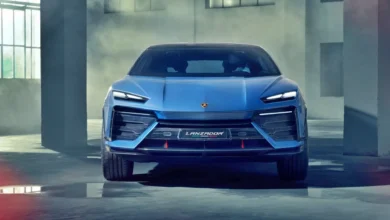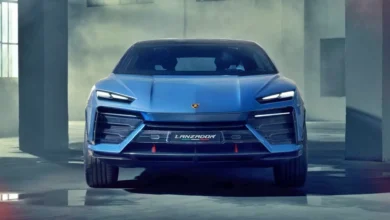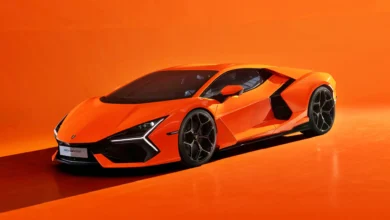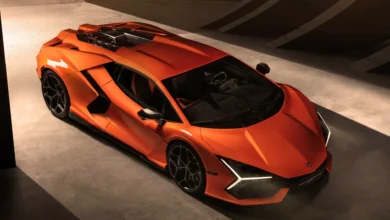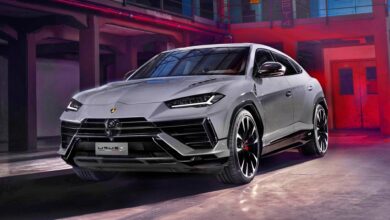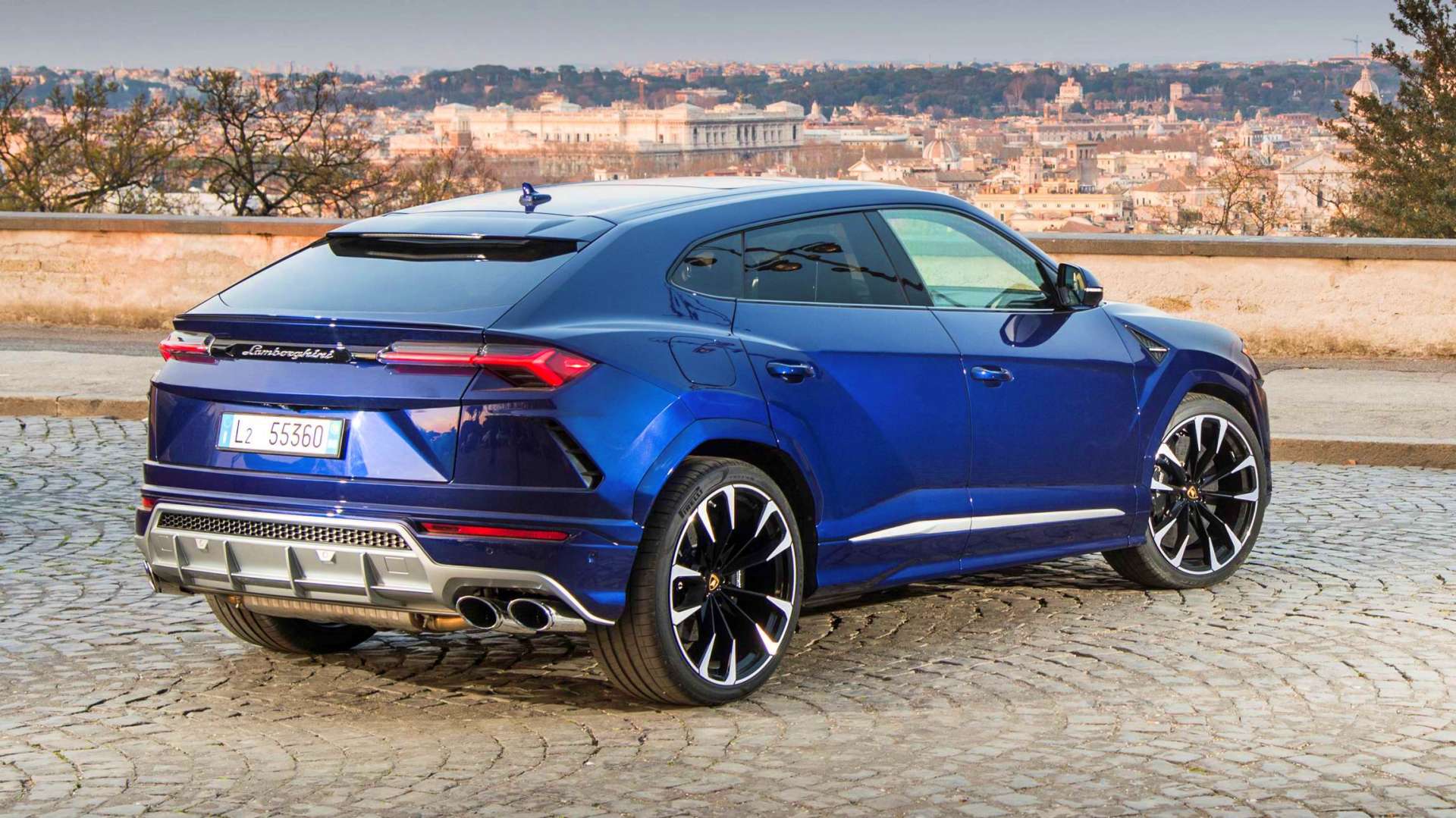
The executive director of Lamborghini, Stephan Winkelmann, has revealed during a recent interview with the British media Autocar some details of the first electric car of the Italian firm, which will be a 2+2 crossover planned for the year 2028. This model will not replace any of the models in the current lineup but will add a fourth line to its offering.
This will allow Lamborghini to keep the internal combustion engines of its supercars until the ban on selling new thermal cars in the European Union takes effect in 2035. However, it is expected that the heirs of the Huracán and Aventador will also bet to a certain extent on electrification, as they will be hybrids.
By the end of 2024, both these models and the Urus will have plug-in hybrid versions, which will allow the company to halve its average emissions. “[Lamborghini’s] hybridization phase comes first [because] it has been accepted by the customer base. Even most petrolheads have accepted our view on the matter. And, in turn, that opens the door for a new generation of customers to seek full electrification. “
Like Porsche, which also belongs to the Volkswagen Group, Lamborghini is evaluating the use of synthetic fuels as an alternative to electrification. “ The first step is to launch two fully electric cars by 2030. As a result, we have some time to decide if we can stick with internal combustion engines or if we have to go fully electric.”3
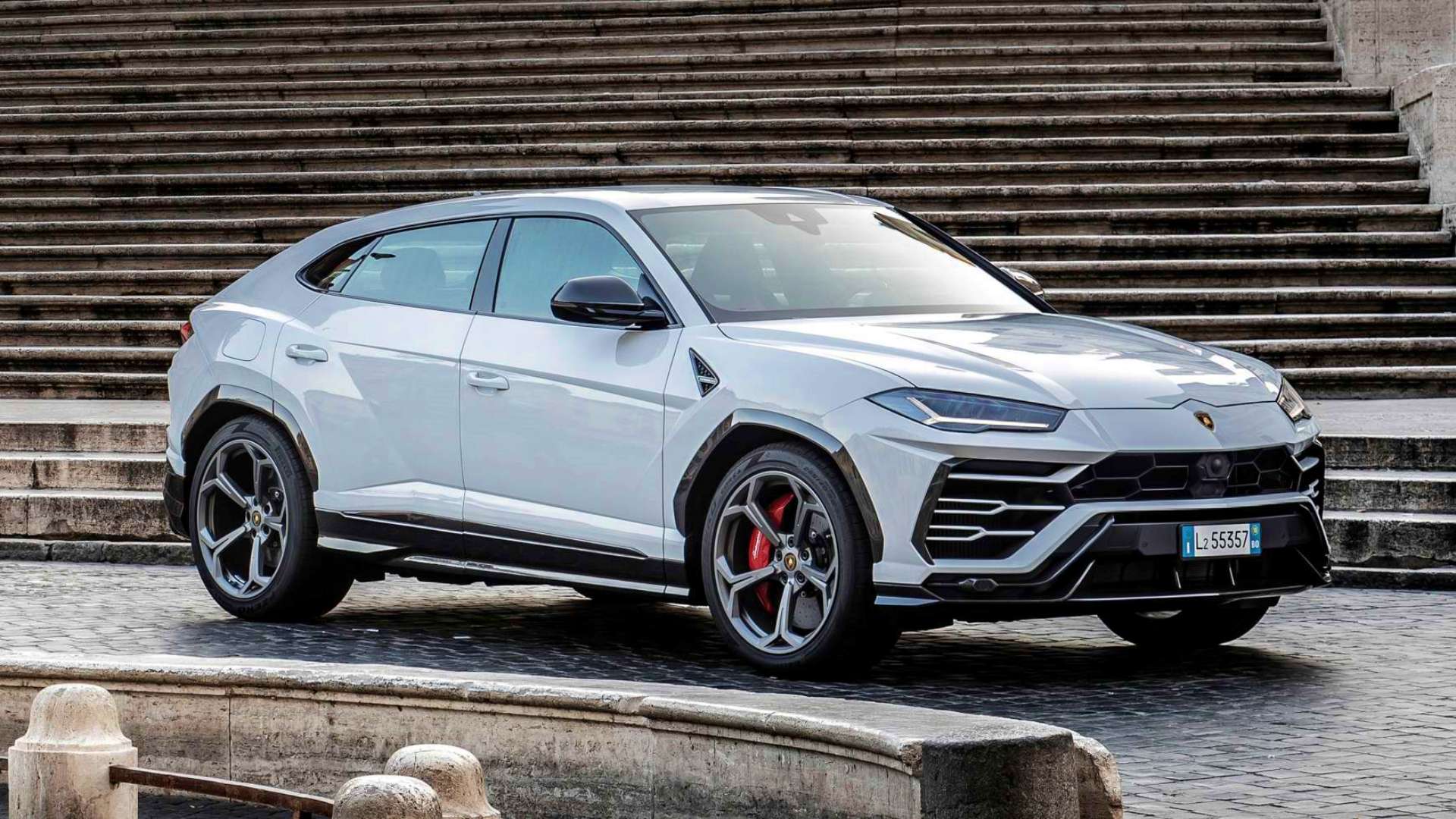
The Lamborghini Urus will go electric in 2030
“The pressure to decide the final details is not here yet. If the European Parliament decides to ban them, that will influence us, of course. But there are also markets other than Europe that we need to consider, as well as regulations that we are still awaiting clarity on.”
At the moment it is not clear if Lamborghini’s new electric crossover will have a two-door or four-door body. On the other hand, it has been confirmed that the company’s second zero-emission model will be the Urus, the only SUV in the range, which will abandon internal combustion engines in 2030.
“ For now, electrification suits this type of vehicle. We must plan what we know will work best today. There are aspects that I think no electric car in our sector has solved sufficiently: not only acceleration and dynamic behavior, but also responsiveness, braking sensation, and multiple acceleration protocols. These are not proven in performance electric vehicles and we need to spend the next few years figuring things out.”
